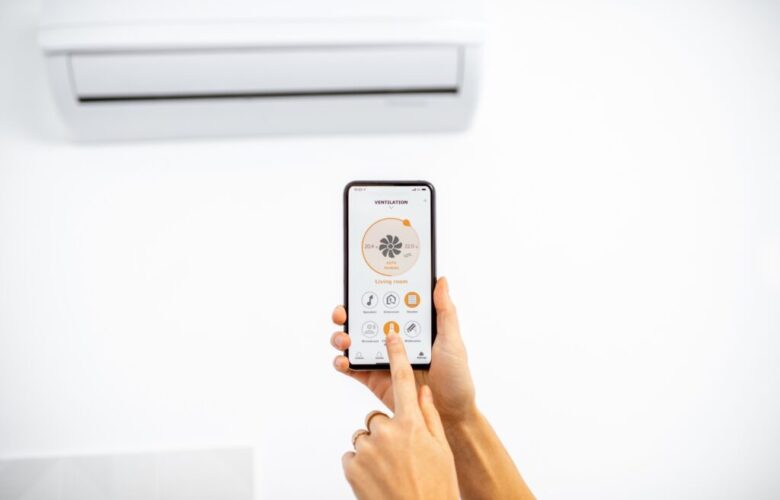If you share your home with a four-legged friend, be it dogs, cats or rodents, sooner or later, you will wonder if your pet is as comfortable in your space as you are.
Pets have different habits and needs. This post will look at the pros and cons of the most common flooring options for pets.
There is no single suitable floor for dog and cat owners, as our pets show different behaviours in everyday life, so we will have to find the right floor.
And it is that a pet-proof floor covering has to be very resistant to scratches and comfortable so that they do not hurt themselves. It may seem complicated, but we will help you find the perfect floor.
When choosing the floor, choose those in usage class 23 or higher, as they are suitable for active private use. The flooring should also be waterproof, easy to clean and, ideally, odour-repellent. Noise is another problem especially known to owners of large dogs in an apartment and can be reduced or even prevented by proper flooring.
Let’s see the different possibilities we have:
Cork flooring and rugs
Soft floor coverings, such as cork flooring and rugs, are warm, comfortable and quiet. This type of flooring is its lacks moisture resistance, which can be a problem, especially for small, non-domesticated, sick or elderly animals.
In the case of carpets, pet hair and dirt get stuck in them and take more time and effort to clean.
stone floors
The advantages of hard floor coverings made of stone, ceramic, marble or slate are apparent: the ease and speed with which they can be cleaned and, therefore, visually hide the scratches or fingerprints that are common on a day-to-day basis in our pets. However, these coverings are cold and slippery, something that dogs, cats and other furry friends do not find so comfortable to lie on, and can even become a danger to them. These liners are also comparatively noisier, and pet claws are audible on the hard surface.
Wood and laminate flooring
wood flooring is a very robust and warm floor, which will serve you faithfully for many decades with proper care. However, you should consider your pet’s habits when looking for the right parquet. Because, for example, they can quickly slip on a smooth, lacquered parquet floor, and any scratches are also quickly visible and can only be repaired with difficulty. On the other hand, an oiled parquet offers dogs and cats more grip when walking and allows you to retouch the marks of use at certain points without problems. The disadvantage of an oak parquet floor oiled is its sensitivity to moisture, which is especially critical with oak parquet because the tannic acid in oak wood reacts with urine and forms unsightly black stains. Since this discolouration reaches deep into the interior of the wood, these oak parquet strips must be replaced.
In contrast, a melamine resin-sealed laminate flooring surface is antibacterial and resists moisture well. For pet owners, urine stains are not a big problem on this floor and are very easy to maintain. Things get complicated when moisture seeps into the laminate boards, and the floor swells – in this case, the only thing that helps is replacing the affected bar. As laminate can be combined very well with underfloor hot water heating, it is also comfortably warm for your dog or cat to lie down and relax. Another advantage of laminate is that it usually has a ribbed or brushed surface, which prevents your pet from slipping and visually hides scratches. However, the drawback is the noise of the laminate.
Resilient floor coverings are the top choice of all pet owners due to their nature. The rubber surface offers the pet a stable hold and optimally protects against stains and scratches. It is also comfortable for their little paws, which is good for dogs and cats who play and have fun for a long time. In addition, the surface is relatively well insulated without other measures and absorbs noise, which guarantees you more peace in daily life. Designer, PVC, and linoleum flooring are highly durable, warm to feet and paws and insensitive to urine. Ease of cleaning is the icing on the cake for these floors. The only drawback is that designer floors are difficult to repair in the event of severe scratches or large bite marks and,
conclusion
Before looking for a suitable pet floor, you should analyse their behaviour, daily life and personal circumstances, such as room conditions, number of pets and their character, number of people in the household, etc., and include them in the decision.
Tell us about your experience with animals at home! have they done any damage? What type of soil has been best for you? We are waiting for you on our social networks!




